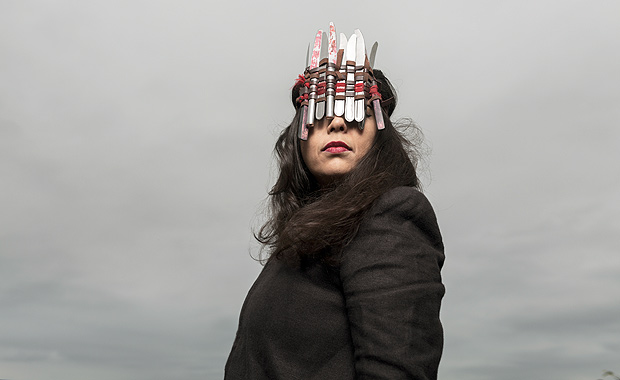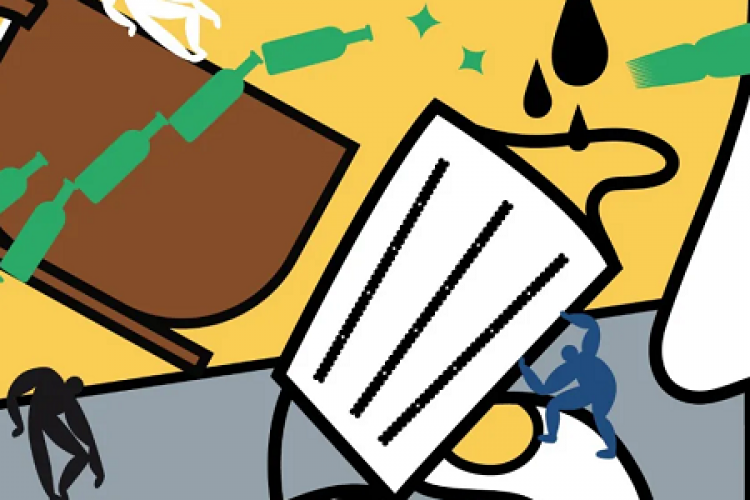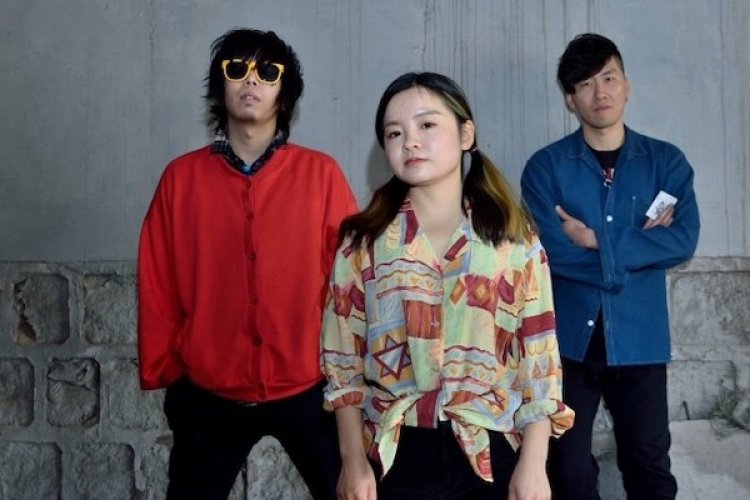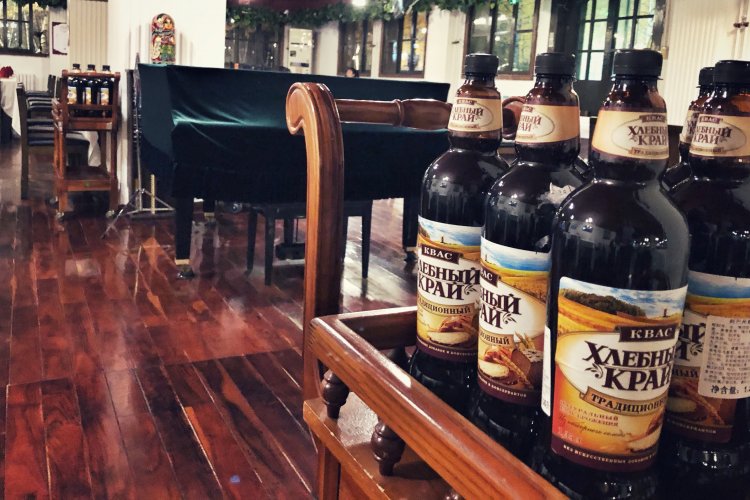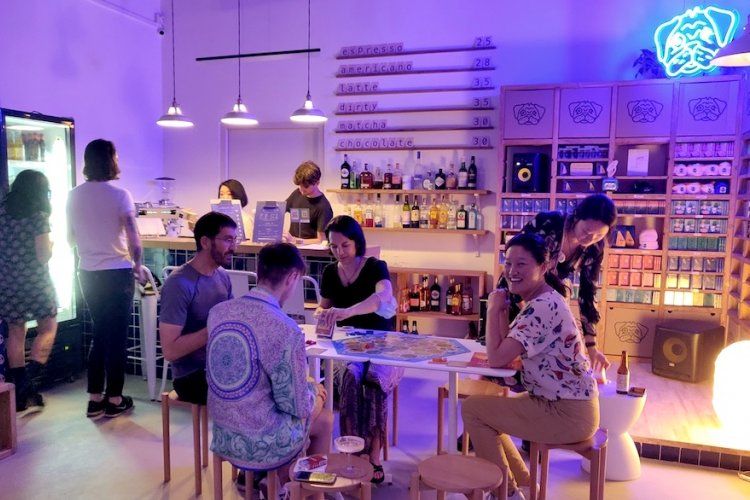"Improvisation and Experimentation Are My Weapons of Resistance" Say Brazilian Musician Ava Rocha
Describing herself as a "warrior for art, creation, invention," Ava Rocha, the multi-talented artist from Rio de Janeiro, like her father, renowned cult filmmaker Glauber Rocha, means business when it comes to creating art.
A leading figure in Brazil’s robust and vibrant experimental scene for well over a decade, Rocha, along with her husband, Negro Leo, have been working to flip the meaning of Brazilian pop on its head. Expanding on the foundation of the movement, Rocha looks to universalize and modernize the language of Brazilian pop music, incorporating elements of contemporary world music scenes such as Afro, Amazonian, Asian, Middle Eastern, and Latin, with a heavy dose of experimentalism. The result is a challenging collision of rock 'n’ roll, funk, soul, and Bossa-Nova vibes, and a sound that is wholly original.
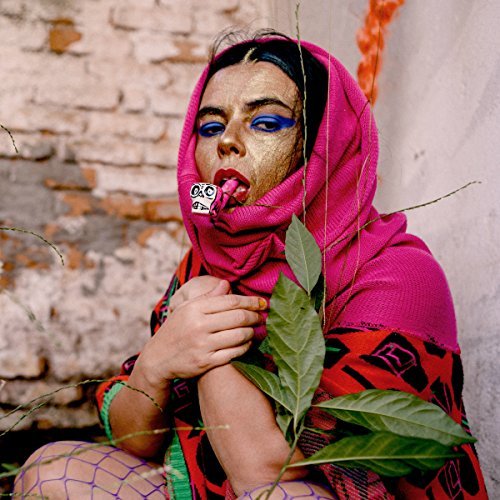
Rocha is a true creator of avant-garde art that never excludes the listener but instead introduces them to a completely new realm of joyous possibility. This March, the singer along with her husband and musician-in-crime, will partake in Tropical China – the ambitious cross-cultural collaborative project headed by subculture curators Subtropical Asia, which aims to place the two trailblazing artists with some of China’s own artists on the cutting-edge (including electronic mavericks and Shanghai power couple Gooooose and 33EMYBW). At the end of the project, the artists hope to have created the first-ever co-produced avant-garde album between Brazil and China.
Before the two artists head to the studio, they’ll give a special showcase at Fruityspace this Friday, Mar 15 alongside two of Beijing’s finest musical disruptors: guitar noise renegade Li Jianhong and grassland musician Bayan Dalai.
Ahead of the gig, we talk about the Brazilian art scene, influences, and how she got involved in the Tropical China project.
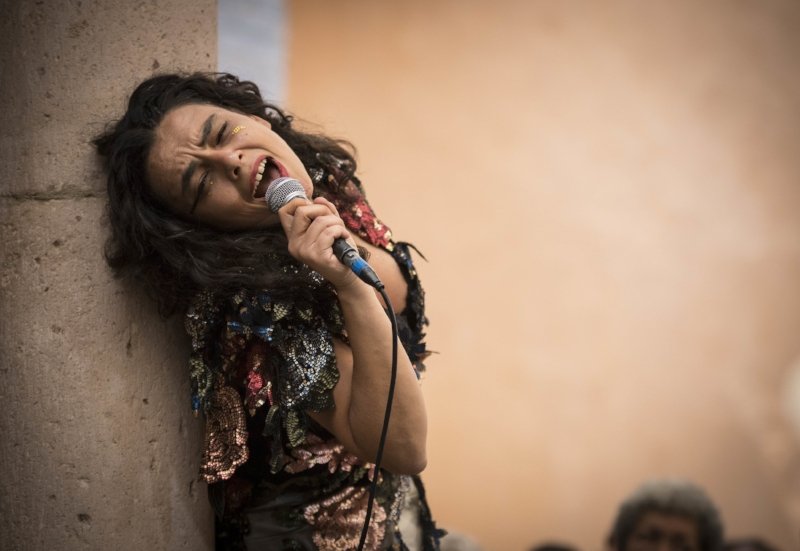
The spirit of improvisation and experimentation is central to your art – how do you keep that spirit aflame?
I feel that my life in itself is already an improvisation and an experiment, to the extent of my desire for constant renewal and discovery of myself. My life, my feelings, the observation about myself, in my beauties and certainties or defects and doubts, finally in the challenge that is the crossing of life inside a complex world, urgent of transformations. In other words, I make improvisation and experimentation my weapons of resistance and invention, and increasingly perceiving this process as healing and constant rebirth, as an animal that needs to change its skin. So I make the perception of my life, a small but also powerful reflection of the world, a space of critical reflection but also positive, irradiating. Anyway, I try at least. When I write it seems that all this is easy, but it is very difficult indeed. I follow my heart, intuiting and trying above all to generate an internal revolution. So I think the flame stays on because it is my source of vital energy.
While there are many influences in your work, your music is still distinctly Brazilian, paying tribute and twisting the framework of tropicalia music and singing in Portuguese. How important is it to uphold your ancestral music and tongue in your work?
I usually sing in Portuguese but also in Spanish, because they are my mother tongues, the languages in which I dream, in which I think and feel. But I also like to invent my own languages, as a language that is free, just as I would love to sing in any language, even in Mandarin, from and when it makes sense to take that risk, as long as I am somehow able to feel and transmit images and feelings of any language I do not know. Basically, my interest in Brazilian and Portuguese music is to get through my deepest bonds to overflow into the unknown, even from my own culture and language. But I have no desire to keep anything, but rather dig an escape tunnel.
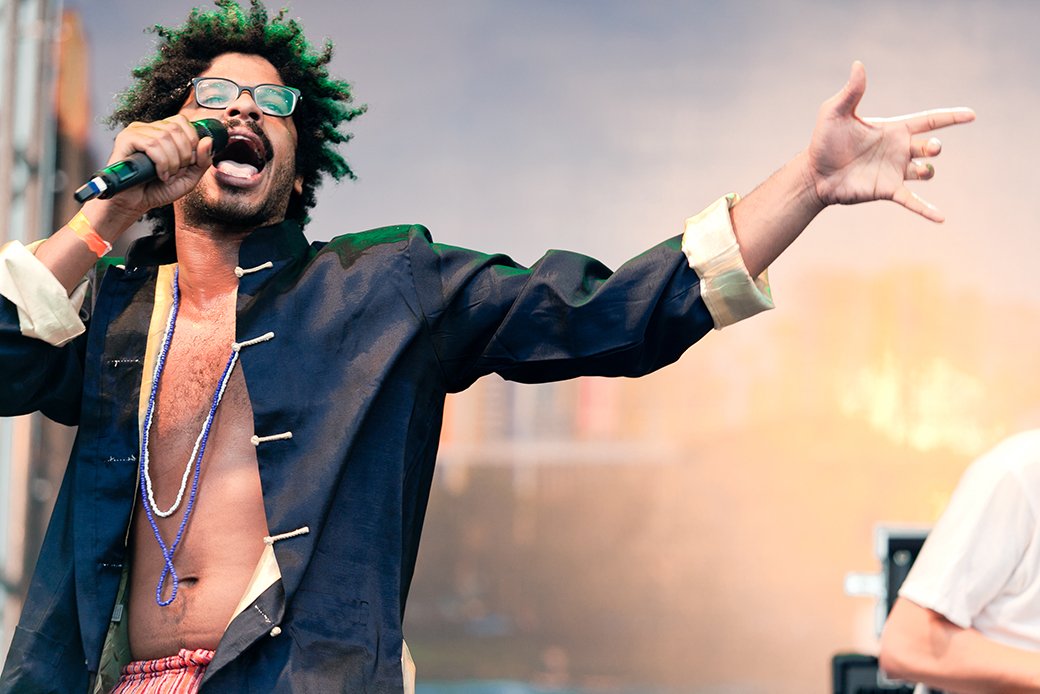
How does the underground scene operate in Sao Paulo and other Brazilian hubs? Is it as fertile?
The Brazilian underground music scene is very wide, diverse, spread all over Brazil, and has the dimension of Brazil itself, its diversity. As a Carioca (someone from Rio de Janeiro) I can properly mention my experience in the context of Quintavant, which is a kind of platform for musical encounter and experimentation, which has allowed the exchange and sound research and has decoded our tradition and allowed for the Brazilian popular song, and influenced a new development for the creation of this generation. Artists who are at the base of this process as well as new names that emerge in this process include Tantão and the Tape, Iara Rennó, Eduardo Manso, Cadu Tenório, Chinese Cookie Poets, Bella, Thomas Rorher, Metá Metá, Juçara Marçal, Juliana Damnation, Kiko Dinucci, Ana Electric Chicken, Lin de Labrada, Marcos Campello, and Tulipa Ruiz. Finally, there are countless artists and musicians, as well as thinkers like Bernardo Oliveira, or veterans like Jards Macalé.
How did you get involved in the Tropical China project? Do you have any expectations of what the project will hold?
We were invited by Ale Amazonia (Subtropical Asia/Dirty Fingers) for this fantastic project. I have no expectations other than the desire for it to be wonderful. I think it's a very powerful encounter, born of the sensitivity of Ale who already lives on the skin of that connection between the two cultures so strong and vibrant, and also so contrasting. Brazil as a nation is a baby compared to China, but as long as it is a piece of land that has ancestry as strong as it does, through indigenous peoples and African culture, and finally Brazil in Latin America, we will have plenty to share.
How do approach a project like this? Have you done homework on who you’ll be collaborating with or will you allow it to play out more naturally?
I do not know, I try to keep connected, I keep thinking, researching, working a zone to allow inspiration to come, but for this I also need to think a lot, to philosophize and dream, but nothing will replace the encounters and the revelations that look to come forth from this...
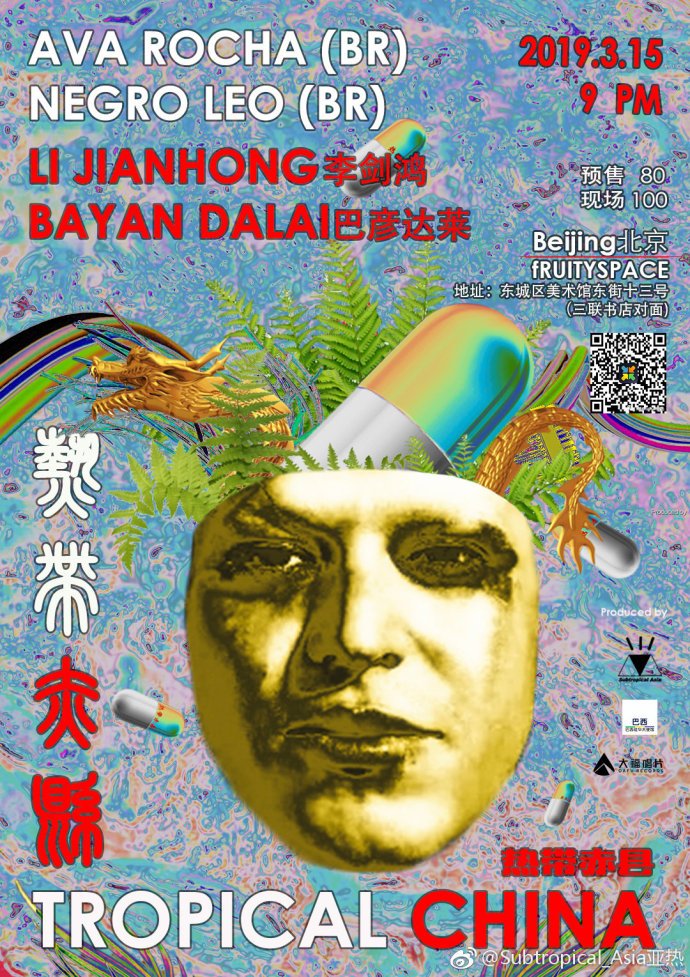
Catch the wild music of Ava Rocha and Negro Leo this Friday, 9pm at Fruityspace. Tickets cost RMB 100 on the door or RMB 80 advance.
Beijing's weekend's music offerings are hotting up. Check what's in store here.
Images courtesy of Tropical China

